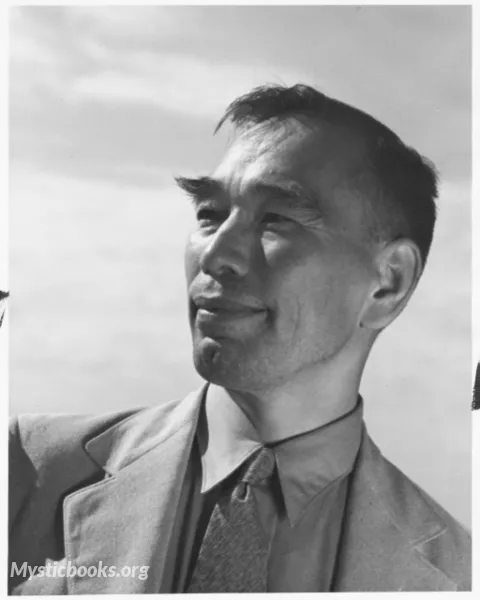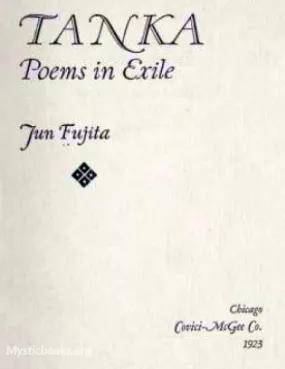
Timeline
Title
Country/Nationality
Jun Fujita
Jun Fujita was a Japanese-American photojournalist, poet, and silent film actor. He is known for being the first Japanese-American photojournalist and one of the first photographers to document the aftermath of the Great Chicago Fire of 1871. His work was a reflection of his unique perspective, as he was both an American and an immigrant.
Fujita was born in 1888 in the small town of Inage, Japan. At the age of 14, he emigrated to the United States and settled in Sacramento, California. He attended high school and college in California and later moved to Chicago in 1910, where he started working as a darkroom technician for the Chicago Daily News.
Fujita's principles were grounded in hard work and dedication. He was known for being a perfectionist and often spent long hours in the darkroom perfecting his prints. His attention to detail and commitment to excellence set him apart from his peers and contributed to his success as a photojournalist.
Fujita became famous for his photographs of the aftermath of the Great Chicago Fire of 1871. He captured images of the destroyed buildings and the devastation caused by the fire, which helped to document the event for future generations. He also photographed important historical events such as the Eastland disaster in 1915 and the inauguration of President Warren G. Harding in 1921.
In addition to his work as a photojournalist, Fujita was also a poet and silent film actor. He published several books of poetry, including "Tanka Poems in Memory of My Parents" and "From an Issei Garden," which reflected his Japanese heritage and his experiences as an immigrant. He also appeared in several silent films, including "The Thief of Bagdad" in 1924.
Fujita's philosophy was centered on the idea of capturing the essence of a moment. He believed that a photograph should tell a story and convey emotion. He once said, "A photograph should be like a poem - a thought expressed in a single moment." This philosophy is evident in his work, which often captures a fleeting moment in time with great depth and feeling.
Jun Fujita died in 1963 at the age of 75. He is remembered as a pioneering photojournalist who broke down barriers for Asian Americans in the field of journalism. His work is celebrated for its technical excellence and its ability to capture important moments in history. In 1999, he was inducted into the Chicago Journalism Hall of Fame.
A fun fact about Jun Fujita is that he was the only photographer to capture images of Al Capone's 1931 trial for tax evasion. His photographs of Capone in court were used in newspapers across the country and contributed to the public's fascination with the infamous gangster. Jun Fujita's legacy continues to inspire photojournalists today, and his books remain a testament to his unique perspective and remarkable talent.
Books by Jun Fujita

Tanka: Poems in Exile
The poems reflect Fujita's experiences as an immigrant and his longing for his homeland. They are a reflection of his unique perspective as a Japanese-American living in the United States during a time of great change and upheaval. The book is notab...